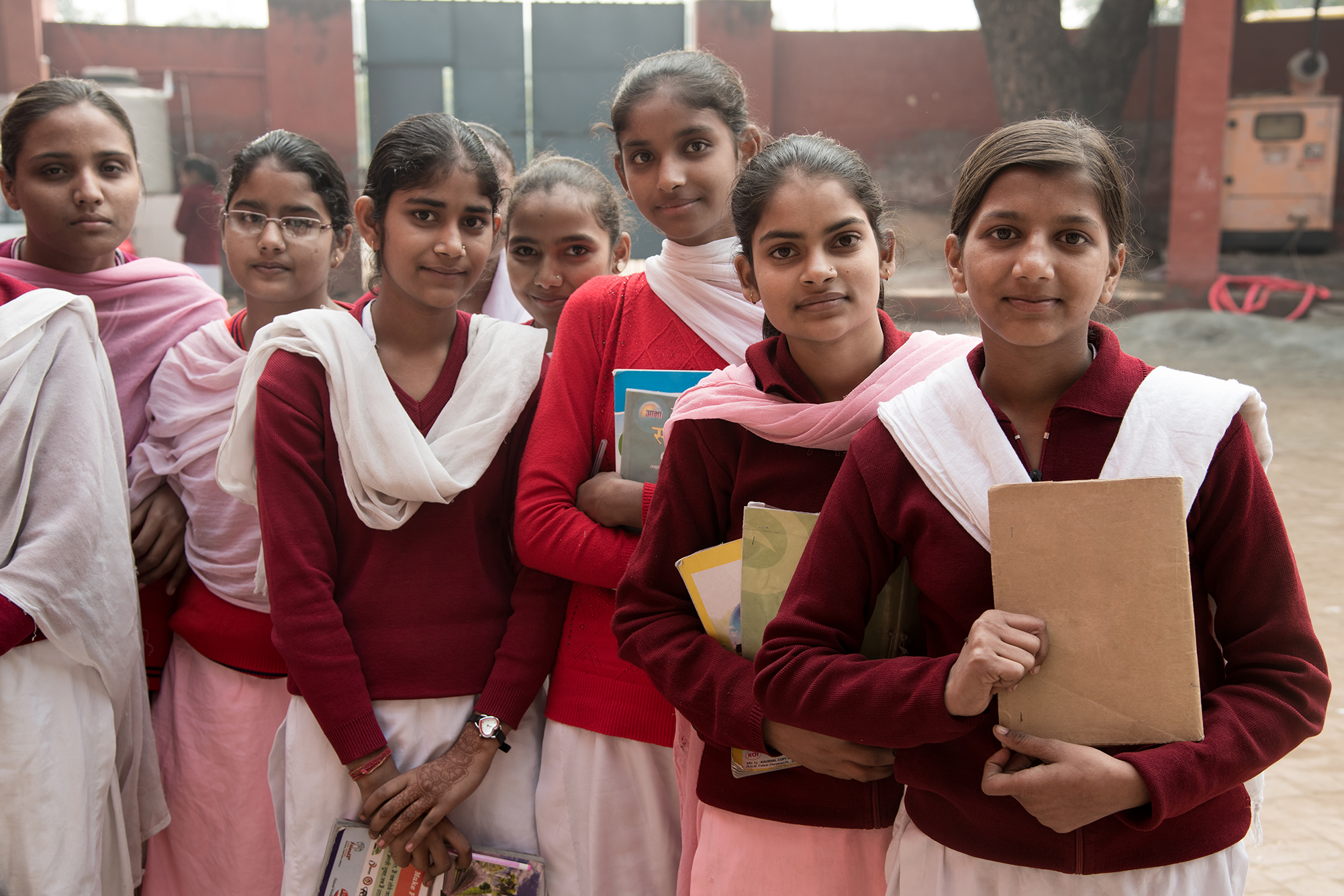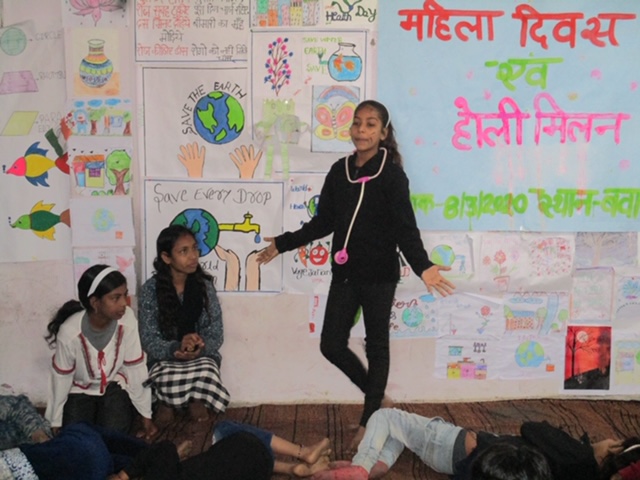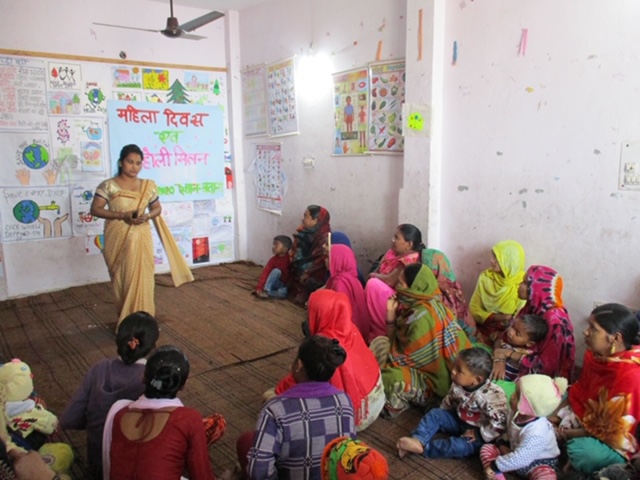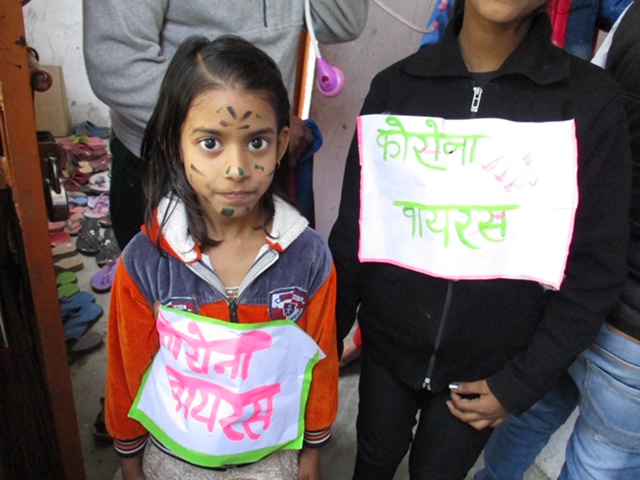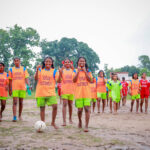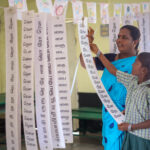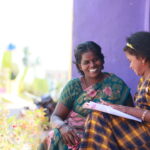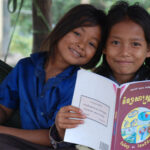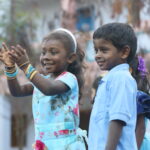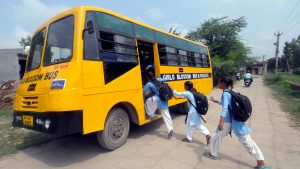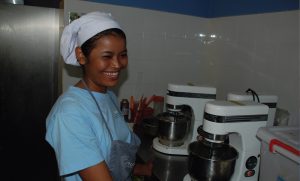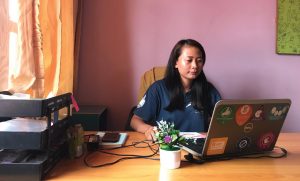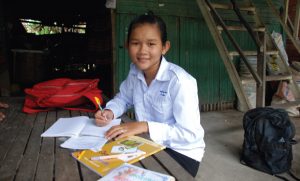Celebrating International Women’s Day and #GenerationEquality
We were thrilled to celebrate International Women’s Day on March 8th which the United Nations Women themed “I am Generation Equality: Realizing Women’s Rights”. How fitting—seeing as every day at Lotus Outreach is a celebration of women’s rights and empowerment.
International Women’s Day reminds us that we are striving to create a level playing field for half of humanity.

Both our local NGO’s, White Lotus Trust in Delhi India and Lotus Outreach Cambodia in Phnom Penh/Siem Reap, gathered to celebrate this day and strengthen the resolve of the communities we work in towards zero tolerance for domestic violence and women’s equality. The celebrations served as grassroots advocacy and a bolstering of women and children’s commitment to realizing equality.
In India, a community of women, teachers, children, and activist-volunteers involved with our EQ+ after-school program, situated in the slums of Delhi, gathered. They used role play, theatrical skits, and children’s stories to strengthen their communities’ commitment to women’s rights (such as no domestic violence). They also shared practical solutions to help ensure children and families’ access to clean water and sanitation.
In Cambodia, we celebrated last weekend. Two tertiary scholarship alumnae, Pisey (a successful IT specialist) and Kanda (a nursing graduate), addressed twenty young leaders of tomorrow studying at the university level under our support. Pisey told the group, “Women in IT are able to get the same salary and working conditions as men. I was able to land an excellent job the moment I finished my training. I’ve also been able to help my family rise out of poverty.”
Her comments could not be more apt. Indeed, supporting the independence of young women otherwise vulnerable to all of the implications of poverty and gender disparity are primary objectives at Lotus Outreach. Kanda closed the day with a women’s health presentation on leucorrhoea, which is prevalent amongst girls during puberty.
While we celebrate our victories, we must also remember the continuing disparities. In India, rural women work longer hours than farm animals and provide their families 60 hours a week of labor without pay, yet only 13% of them own property.* Only as recently as 2005 were Cambodian women recognized under law as having legal rights distinctive from their husbands and family. Prior to that, police were not even able to intervene when a man beat his wife—this being considered a family matter. It was also commonplace in Cambodia for perpetrators of rape to pay ‘compensation’ rather than face the law.
We’ve worked with local Indian and Cambodian partners for more than 15 years and although there is still a way to go, we can say with confidence that we have seen dramatic change. These days, abused Khmer women will most often raise their voices against domestic violence and rapists are generally incarcerated. In India, we had a transformative impact on government schools in the state of Haryana and have provided access to education to more than 1,200 girls on our Blossom Bus—most of which would otherwise only reach 5th or 8th grade.
On this important day we remember what’s at stake and renew our commitment to grass roots change through the delivery of education, training, and the provision of basic needs such as women and children’s health, sanitation, and water security; all working in tandem toward realizing a sustainable vision of empowerment, the establishment of women’s rights, and #GenerationEquality.
* Down to Earth Year Book, 2017

